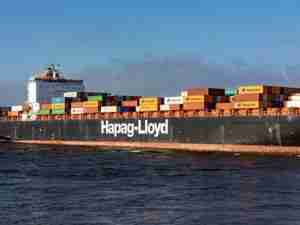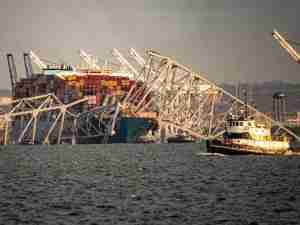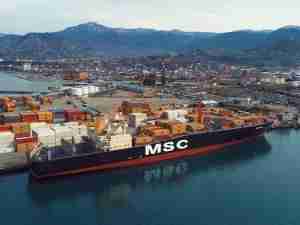In order to avoid backups of cargo at Port of Long Beach shipping terminals, the Long Beach Board of Harbor Commission voted on Monday, June 20, to decrease the time that container cargo can be temporarily stored on the docks free of charge.
With trade growth threatening to congest shipping terminals, commissioners took steps to encourage more expeditious movement of cargo through the Port.
The commission voted to reduce by one day the temporary storage period or "free time," from five business days to four for inbound cargo. For outbound cargo, the free time was cut from seven to six business days.
Other tariff amendments revise the method for counting free time for inbound containers, which currently begins after a vessel has discharged all cargo. With new, larger vessels, the unloading of a ship can now take as long as five days, giving containers discharged on the first day as much as 10 days of free time.
Under the new method approved by the commission, the free time for inbound containers will begin the day after a container is unloaded. Free time calculations will not begin for cargo subject to US Customs and Border Protection security-related inspections until the cargo is released for pickup.
The tariff amendments will be effective beginning July 1.
"The changes in free time will help to keep cargo moving smoothly by giving shipping terminals tools to avoid the kinds of backups we saw last year," said Port Executive Director Richard D. Steinke. "Less congestion will improve turn times for truck drivers and improve air quality."









